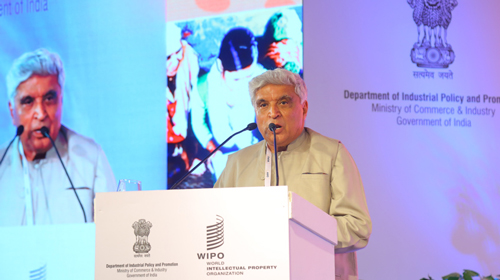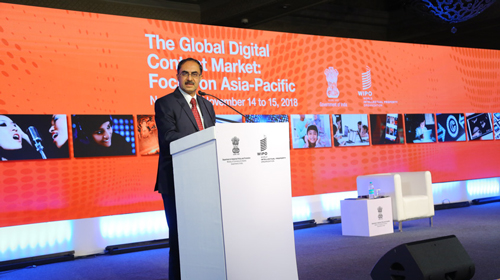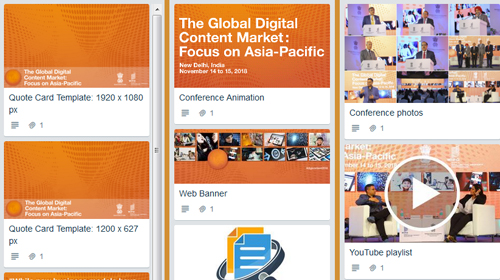Mr. Choudary said that blocking the free flow of content is contrary to the basic laws digital media. At the same time, monetization of creative content is important and new business models need to be identified.
Mr. Choudary gave an overview of the evolution that has occurred since digitization began to dominate the content industry - from bundling, to new modes of supply and demand and an array of platforms. For example, a music consumer once purchased a full album to acquire a single song, while nowadays platforms allow consumers access a wider, unbundled range of content.
The platform, he said, has become the central organizer of the new digital content market, creating a connection between producer and consumer. These platforms have acquired a unique understanding of consumer needs and tastes, generating recommendations for consumers and then monetizing the result. In many cases, platforms have acquired such a unique understanding of consumer preference that they have also moved into production and even capitalized on artificial intelligence to inform their production and consumer needs.
There have been mixed reactions from the creator’s perspective, he said. Some creators think platforms cause them to lose money, but there is also a widely accepted notion that platforms have democratized access - allowing creators to build a following and create a link with consumers and their fans.
Mr. Chouadary warned, however, that what benefits the platform can hurt the wider creative ecosystem: “Platforms are a new form of colonization,” he said, and benefit from success or failure of the creative industry without taking any risks.
"The way platforms make money and the way they are funded goes against the long term creative value chain,” he said, noting that the fundamental economics of creating content are changing because of the way the platforms work.
Another fundamental issue, he said, is the question of regulation, which should balance interests, ensure proper recompense and hold platforms to account.








